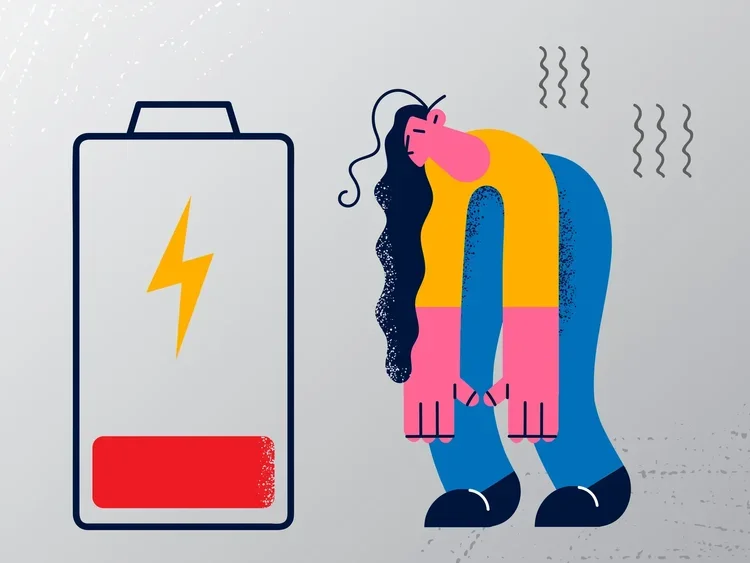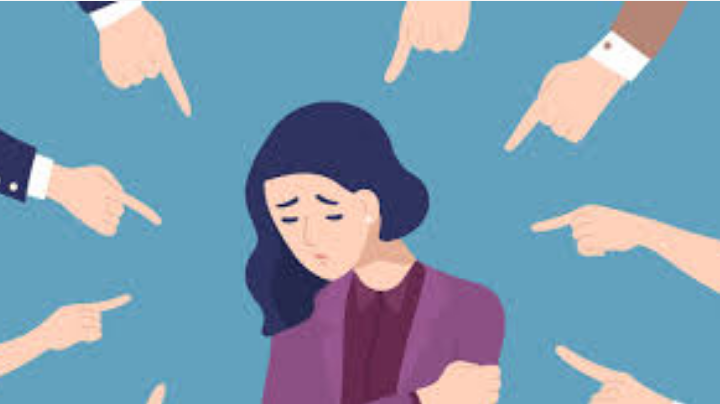5 Reasons Mental Illnesses Cause Fatigue and How to Cope
There is no doubt that mental illnesses are not easy to live with. On top of that, they can make one feel drained of energy and motivation, which is not conducive to productivity. While it is common to feel tired from time to time and need to take necessary breaks, it becomes problematic when fatigue is constant, does not improve with breaks or rest and/or interferes with daily life. This post discusses why mental health challeneges can make one feel so exhausted as well as tips on how to combat it.
Some reasons why mental illnesses cause fatigue include:
Chemical Imbalances - neurotransmitters are responsible for how alert we feel. In those with mental illnesses, neurotransmitters, such as serotonin and dopamine, become imbalanced, therefore causing fatigue and lack of motivation.
Disturbed Sleep - mental illnesses can cause disruptions in sleep, such as insomnia, where one has difficulty falling asleep, or hypersomnia, where one sleeps excessively. There is no doubt that lack of sleep caused by insomnia leads to fatigue, but ironically, sleeping too much can also cause fatigue. For example, many people like to sleep later on days when they do not have to get up for work or school, which can lead to one feeling tired during the day. Poor sleep can contribute to fatigue in general, and it may worsen fatigue brought on by mental illness.
Stress - stress is a common culprit of fatigue. Balancing work, school, family, social lives, etc. is exhausting, and add the stress of living with a mental illness on top of responsibilities of daily life is enough to leave anyone feeling wiped out.
Medications - many people take antidepressants or anti-anxiety medication to cope with symptoms. However, fatigue can be a side effect of these medications. It is important to discuss with a healthcare professional the impact of these medications, so the dose can be adjusted safely and accordingly.
Nutritional Deficiencies - deficiencies in certain vitamins and minerals, such as Vitamin D, B vitamins, and iron can often cause fatigue, as well as worsened symptoms of depression. This is one of the reasons why diet is linked to mental health.
Some tips on how to cope:
Maintain good sleep hygiene
No screens at least an hour before bed
Go to bed and wake up at the same time every day, even at the weekends
Develop a bedtime routine
Journal, gentle exercise, read, whatever helps you wind down for the evening (not involving screens, of course)!
No caffeinated beverages after two o’clock in the afternoon
any later can disrupt sleep at night
Eat a balanced diet to maintain steady energy levels throughout the day
Take a twenty to thirty-minute nap if necessary before three o'clock in the afternoon
Any longer or later can disrupt sleep at night
Set a daily routine/ schedule
Having a set schedule on when certain tasks will be completed will help with accountability, which in turn, will help with motivation.
Take regular breaks
Breaks are essential for productivity. Working on a task for too long can lead to frustration and can diminish one’s quality of work. Taking regular breaks can help one feel less frustrated, help one produce high-quality work, and help prevent burnout.
Make a list of what you want to do, and focus on each task for at least fifteen minutes
Having a laundry list of tasks to get done can feel overwhelming, and it can be difficult to know where to begin. Working on each task for even a short period of time can help chisel away at your to-do list and make each task feel less overwhelming.
Eliminate responsibilities if necessary to help manage stress
Without knowing it, one can take on more tasks that they can handle. Make a list of all of your responsibilities at work, home, school, etc., and talk to friends, family, and even your boss if there is something that they can do to take some responsibilities off of your plate.
References





